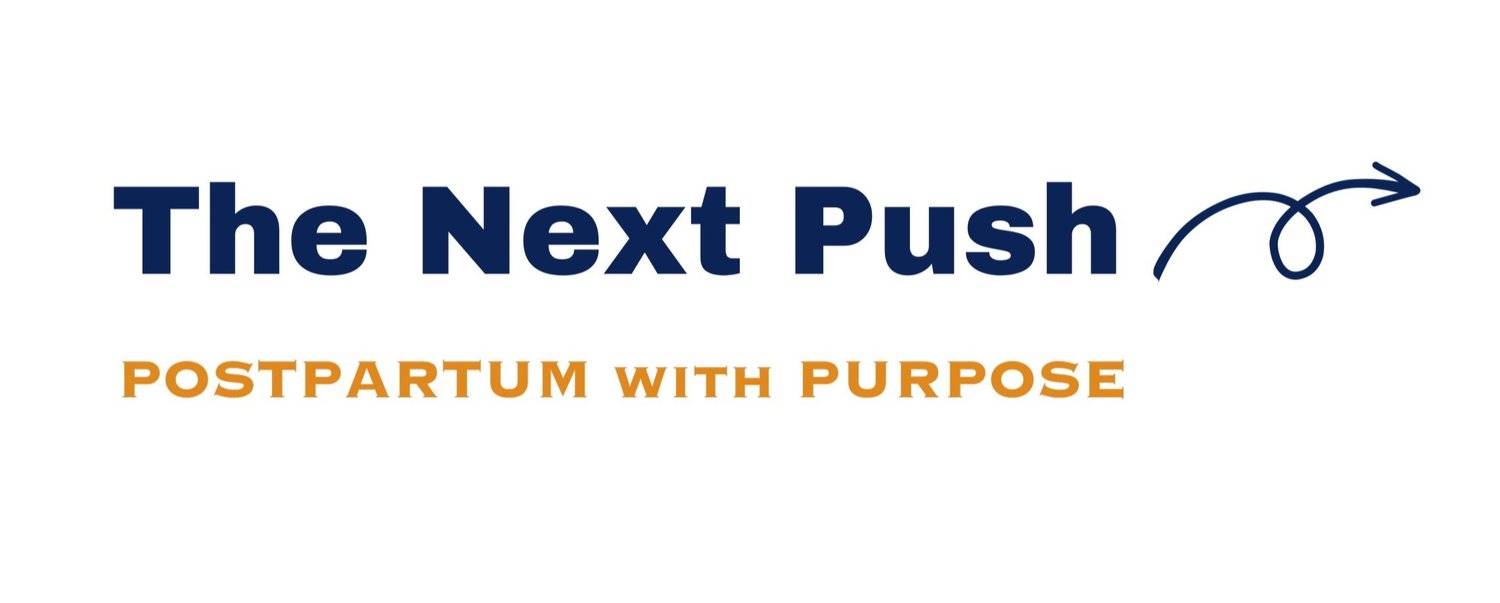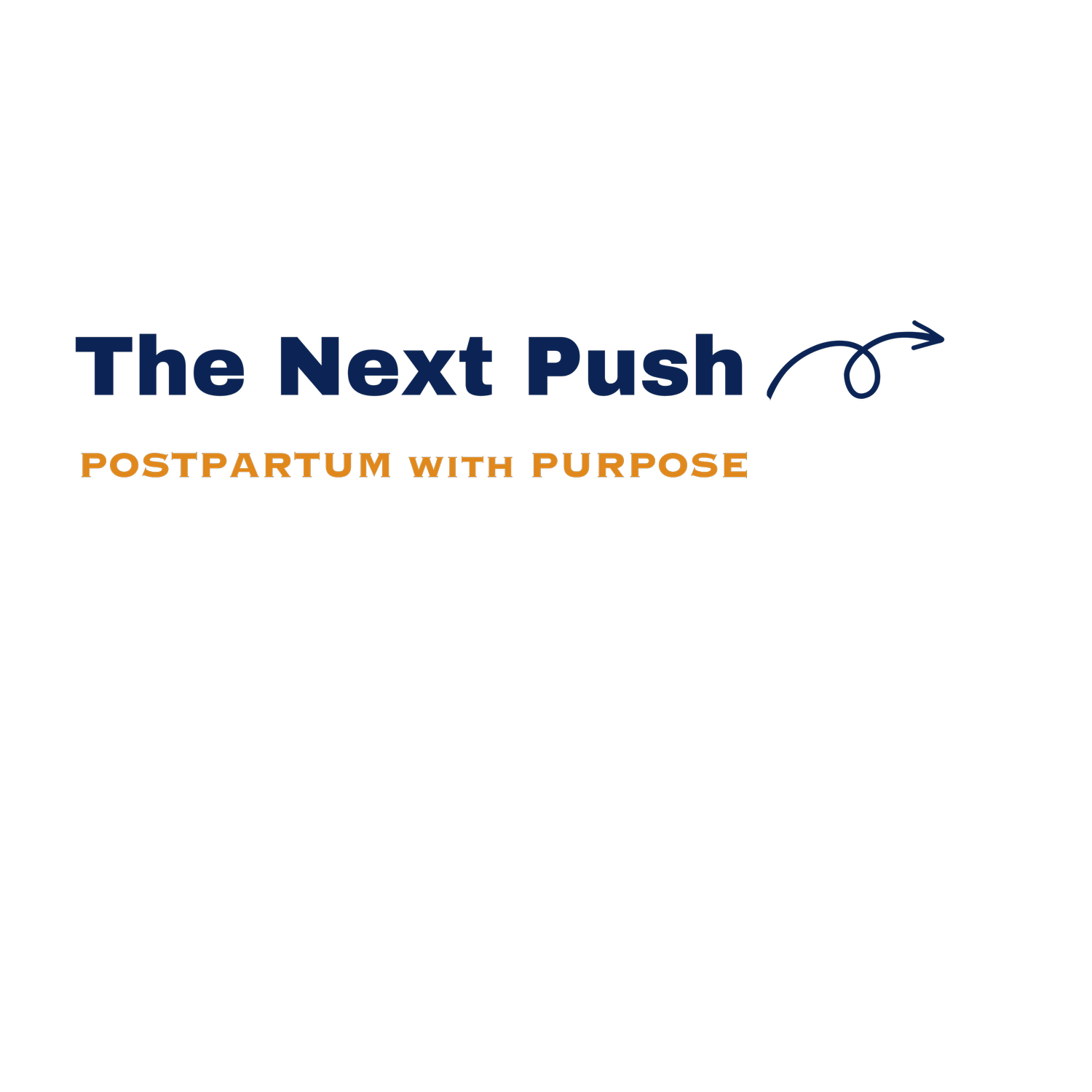
My postpartum experience wasn’t what I expected.
Just wait until you give birth. Things will get better on their own.
I heard this over and over again during my pregnancy. And yet, lying on the couch with a newly broken tailbone and a baby who didn’t know how to latch, I hardly felt like things were about to get easier.
To take a step back, during my first trimester, I started to experience a nerve issue in my back, hip, and leg. By 20 weeks, I was barely able to walk, and by 30, I was avoiding standing up at all costs. After seeing an absurdly large suite of doctors — physical therapists, a chiropractor, acupuncturist, orthopedist, physiatrist, MFM, in addition to my primary care doctor and OB — I had been diagnosed with, well, a few things. Maybe a pinched nerve in my back, or maybe “meralgia paresthetica,” maybe just a non-specific pregnancy symptom. Regardless, it would supposedly get better when I gave birth.
Sadly, it didn’t exactly happen that way. In fact, “feeling better” is the opposite of how I’d describe the period following delivery. In addition to fracturing my tailbone during labor, I found myself in the emergency room 3 weeks after my son was born, having randomly started hemorrhaging one afternoon (I should add - I had a pretty easy, uncomplicated labor!). Apparently, neither issue is super uncommon.
Somewhere around my ER visit, I began counting down the days to the storied “6-week appointment,” when I desperately hoped I’d feel normal again. (I remember a friend previously telling me that after giving birth, you don’t see a doctor again for 6 weeks, and feeling tremendous relief because I was so sick of doctor’s appointments at that point. Ha!)
I look back at my initial relief that I wouldn’t have to see a doctor in the weeks postpartum, and realize how unprepared I was for the postpartum phase. Sure, we had a nursery set up, and it’s probably for the better that I wasn’t expecting a broken tail bone, but I just had absolutely no idea what I was doing (unlike during my pregnancy — when I could probably tell you what size fruit my baby was on any given day).
A little more about how I got here.
I created the Next Push after my own challenging postpartum experience. Nothing terrible happened to me (well, aside from the broken tailbone and the other various health mishaps you can read about above), rather the opposite – I loved my maternity leave and spending such slow, uninterrupted time with both my son and my husband.
But the transition from pregnancy to giving birth to emerging as parent, and then trying to figure out how to align all these new elements in my life with my career trajectory – all while trying to learn to nurse (oof), heal, cope with my husband’s return to work, and later my own return to work left me feeling disoriented. I knew there were a lot of services for postpartum care, and certainly a lot of lists of “essentials” I should buy to supposedly to conquer the postpartum period, but I didn’t feel grounded.
During my pregnancy, I struggled to coordinate the care of a number of different providers who each referred me to one another (when you’re pregnant, have a chronic illness, and have symptoms that could be attributed to either – you end up seeing a million providers and needing to integrate their [sometimes-conflicting] care on your own). The ecosystem of postpartum care felt similarly decentralized and confusing to navigate. I felt like I just needed to put my head down and get through the postpartum phase. But then, wasn’t really sure what I wanted things to look like once I picked it up.
There are infinite postpartum stories (and my next one, if I have one, will surely be different than this one). Mine wasn’t the best or the worst, but it did lead me to wanting to create spaces where women could find the trusted resources, support, and community they needed to feel on top of things, and to feel empowered to make decisions, embrace shifts in their identifies, and be intentional about their next steps.
Whether you are the birthing parent, non-birthing parent, adoptive mom, single mom, step-mom, or claim a different identity that resonates — there’s so much to learn about the postpartum period that goes beyond the essential “what to buy” list. I hope to provide something useful for you, and at the very least, solidarity and support for the labor that just occurred and the labor that lies ahead.

